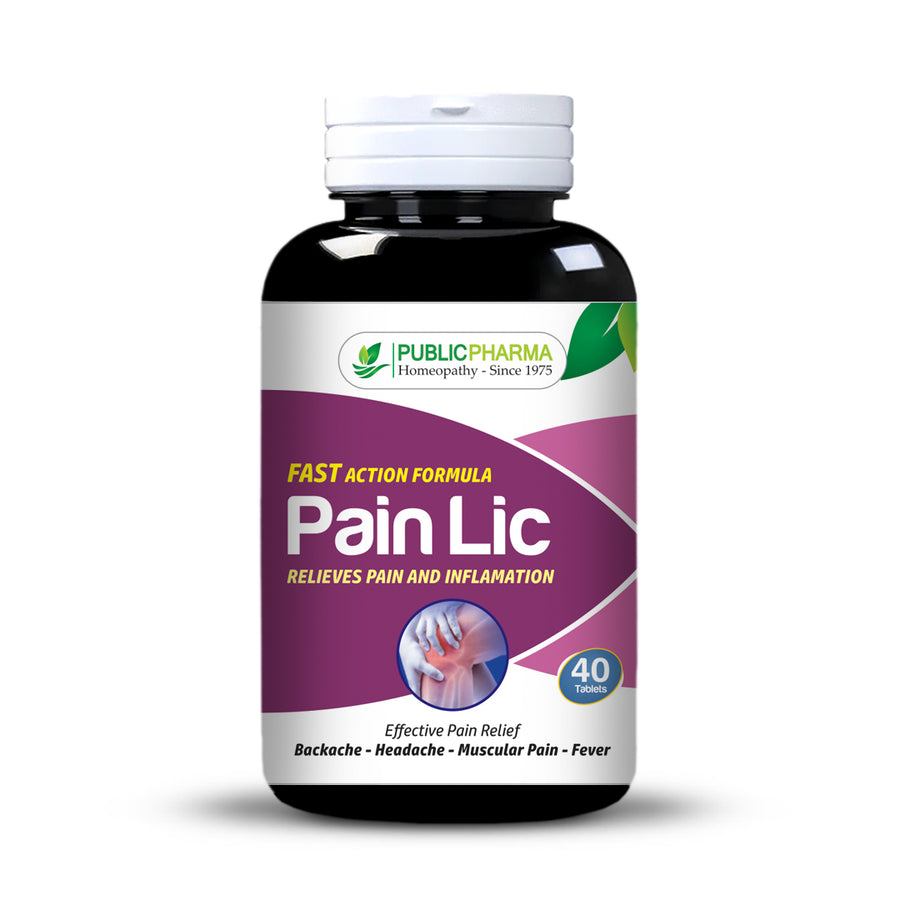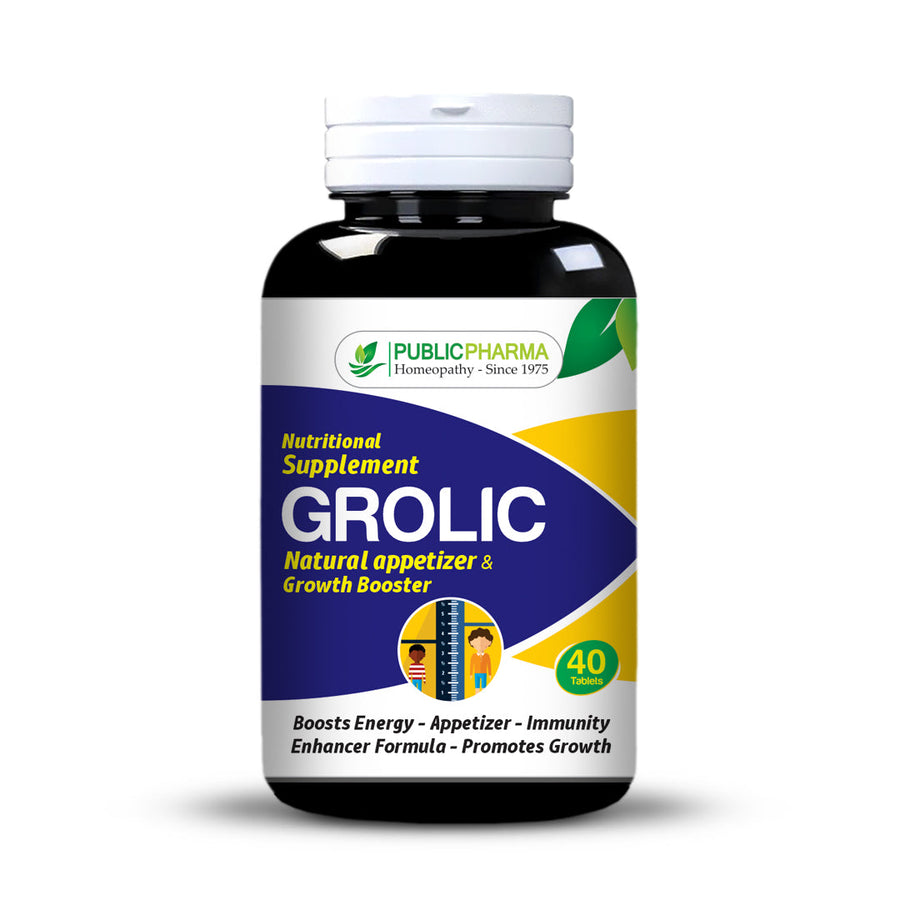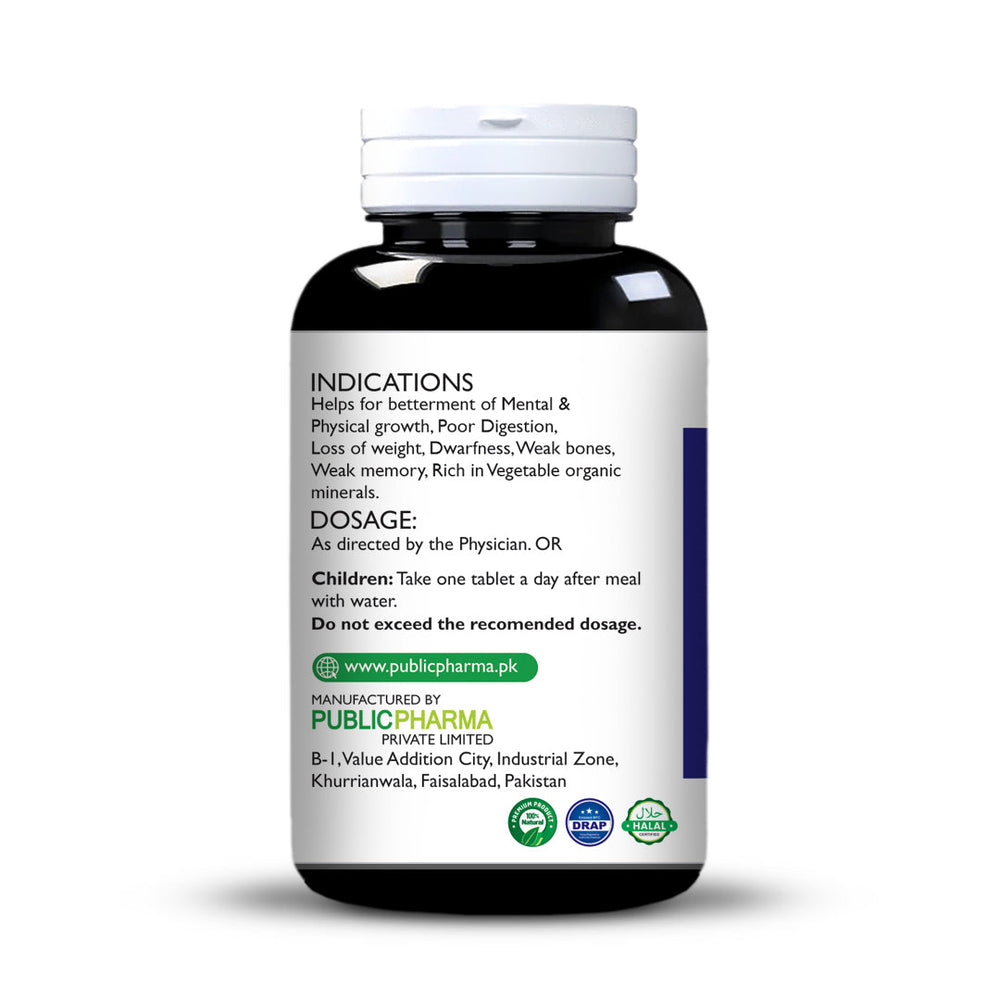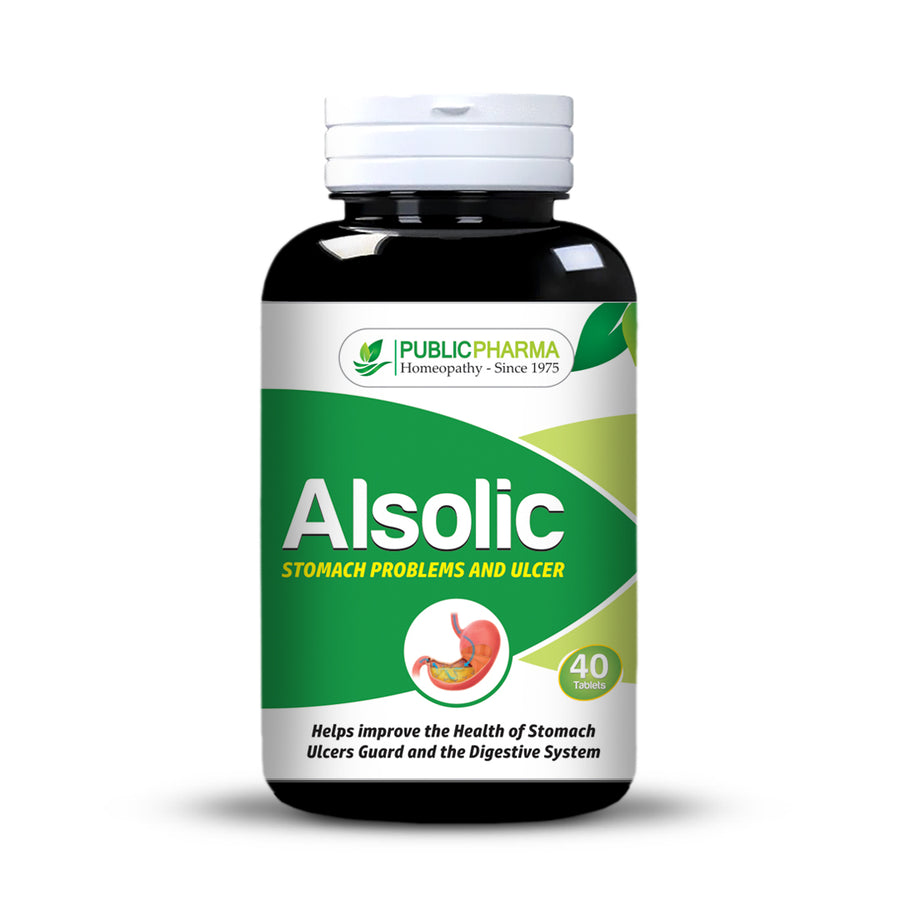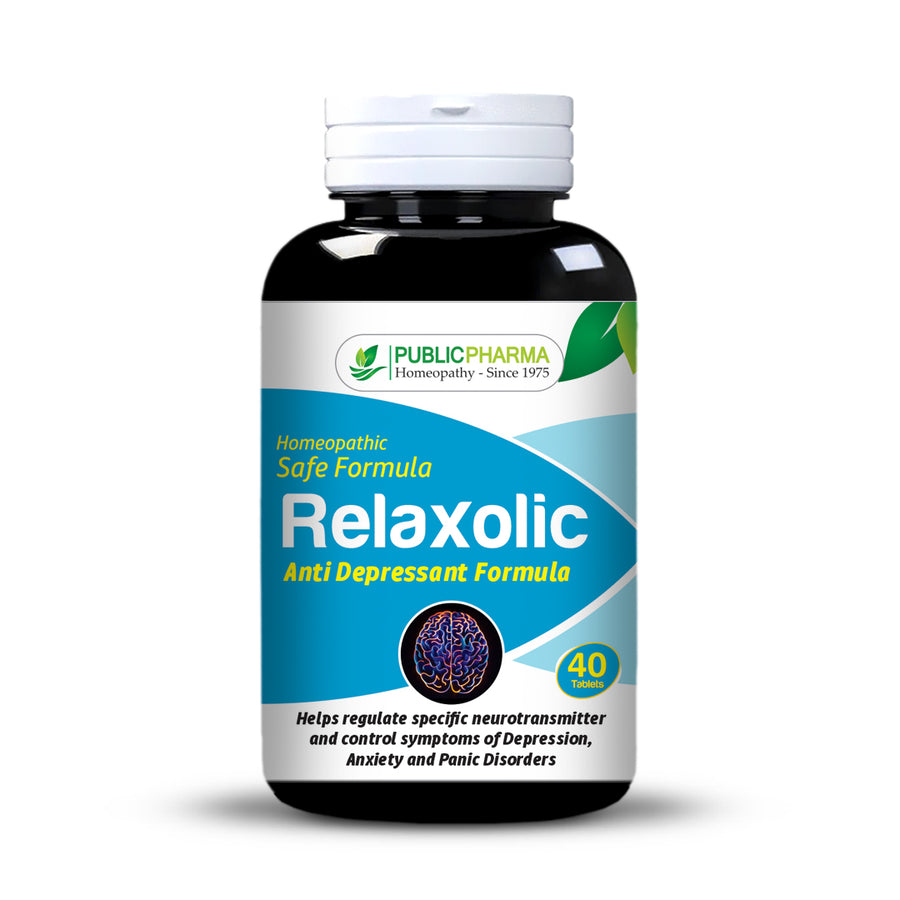Urilic Beneficial in Gout treatment
Introduction
Allopurinol and uric acid are two drugs that can be used to treat gout. Both act as xanthine oxidase inhibitors, which means they prevent the body from producing uric acid. The main difference between the two drugs is how effective they are at lowering uric acid levels. Allopurinol has been shown to be more effective than some other drugs for treating hyperuricemia, but it does have its drawbacks including side effects and taking longer than other medications to work. Urilic acid is another drug that acts as a xanthine oxidase inhibitor and consequently lowers uric acid levels; however it doesn't seem quite as effective at lowering uric acid levels as allopurinol does
Allopurinol has long been the drug of choice for lowering uric acid levels.
Allopurinol is the drug of choice for lowering uric acid levels. It's considered a safe and well-tolerated option for most patients with hyperuricemia, but it has a number of side effects that can be detrimental to your health. These include:
- Bleeding or bruising more easily than normal
- Skin rash or hives (sometimes severe)
- Nausea and stomach pain may occur if you take allopurinol in larger doses than prescribed by your doctor
It is considered a safe and well-tolerated option for most patients with hyperuricemia.
Allopurinol is a safe and well-tolerated option for most patients with hyperuricemia. Side effects include rash, fever, joint pain and nausea. It should be avoided by people with kidney disease or liver disease who may not tolerate its adverse effects on the kidneys or liver.
As discussed above, allopurinol inhibits the formation of uric acid by inhibiting the enzyme xanthine oxidase.
As discussed above, allopurinol inhibits the formation of uric acid by inhibiting the enzyme xanthine oxidase. Xanthine oxidase is an enzyme that converts purines to uric acid. It's also involved in the conversion of carbohydrates to fat.
Allopurinol can be used alone or in combination with other medications such as colchicine and probenecid (an inhibitor of xanthine dehydrogenase).
Allopurinol may also inhibit other oxidative enzymes that convert carbohydrate to fat in the liver, thereby improving insulin resistance.
The uric acid level is a measure of how much uric acid your body is producing. High levels are associated with insulin resistance, which means that it's harder for your cells to absorb glucose from the bloodstream and use it as energy.
Allopurinol may also inhibit other oxidative enzymes that convert carbohydrate to fat in the liver, thereby improving insulin resistance. This process is called de novo lipogenesis (DNL). DNL can be reduced by allopurinol treatment because it reduces production of acetyl coenzyme A (acetyl-CoA), an intermediate molecule produced in this pathway during DNL.*
However, not everyone responds to allopurinol treatment and if they do, they may take months or years to see a significant reduction in their uric acid level.
Oops! Click Regenerate Content below to try generating this section again.
There are also some side effects associated with long term use.
Allopurinol can also cause some side effects. The most common is a rash, itching, or hives. These are usually mild and last only a few days after you stop taking the medication. Other side effects include:
- Kidney damage (nephrotoxicity)
- Liver damage (liver failure)
- Low blood pressure
Urilic acid is another drug that acts as a xanthine oxidase inhibitor and consequently lowers uric acid levels.
Uric acid is a byproduct of purine metabolism. It's also known as the waste product uric acid and helps to protect your body from inflammation, but in excess it can cause gout. In addition to being excreted through urine, uric acid also leaks out of your joints when you move around and are exposed to cold temperatures (or wet weather).
In order for you to get rid of this waste product, your kidneys filter it out through urination; however if there's too much circulating around inside them (like what happens when someone has gout), then they won't be able to keep up and will pass more along until eventually all those extra particles build up in their system causing them serious harm like kidney stones or kidney failure!
While this drug may not be as effective as allopurinol, it does have fewer side effects and can be helpful for chronic gout
While this drug may not be as effective as allopurinol, it does have fewer side effects and can be helpful for chronic gout.
Urinary tract infections are a common complication of allopurinol treatment. They're also more likely to occur if you take the drug with food or drink (because your stomach will interfere with its absorption).
In addition to these risks, uric acid levels may not be as low as with allopurinol.
Conclusion
Urinary acidification is a promising treatment option for gout, especially when combined with allopurinol. Urilic acid has fewer side effects than allopurinol and may be more effective at lowering uric acid levels. However, it is not yet available as a universally administered drug and may take several months before any improvements are observed in many patients.





